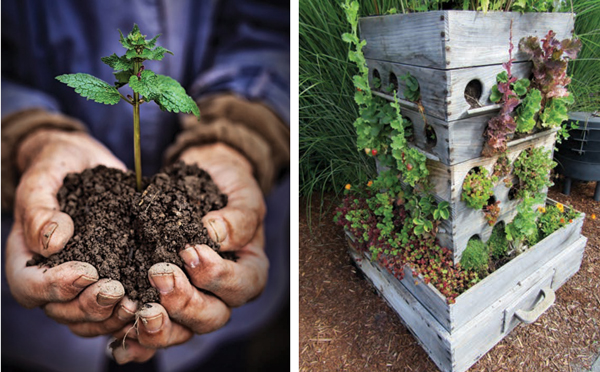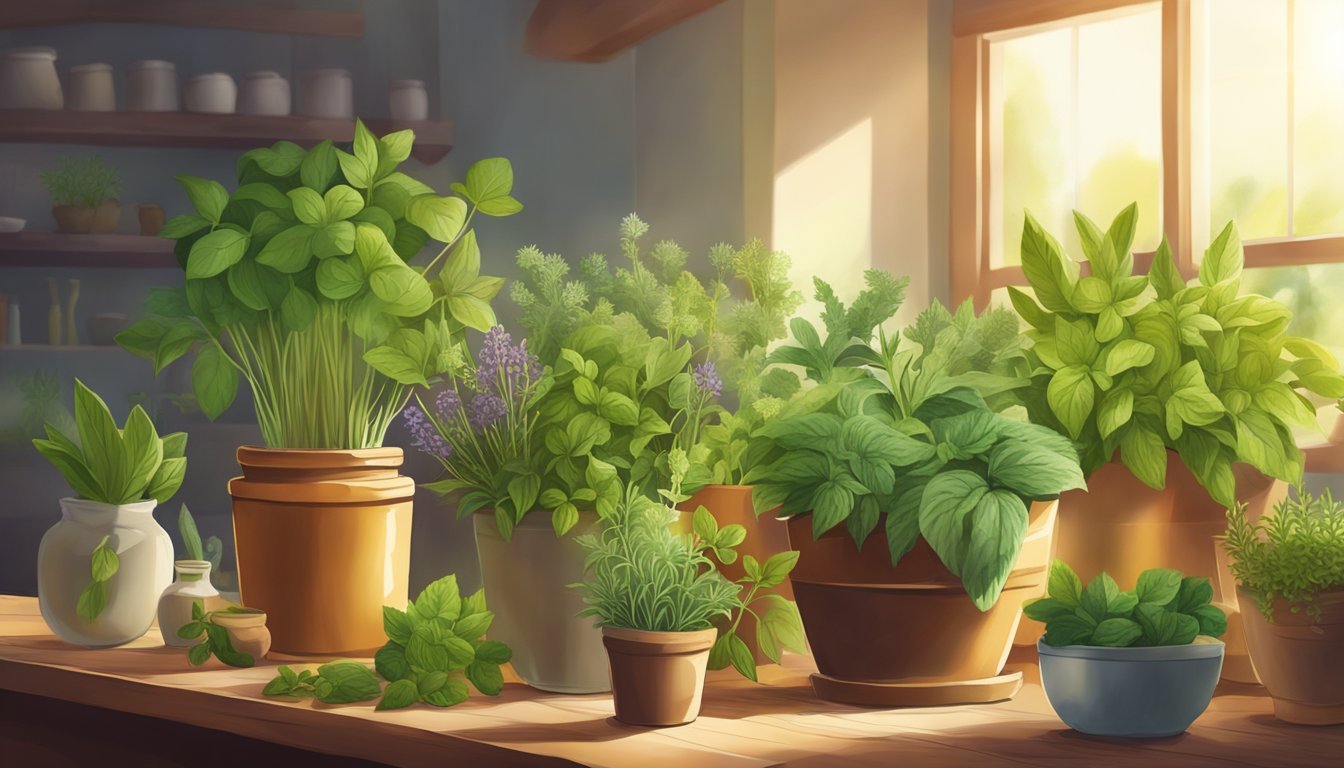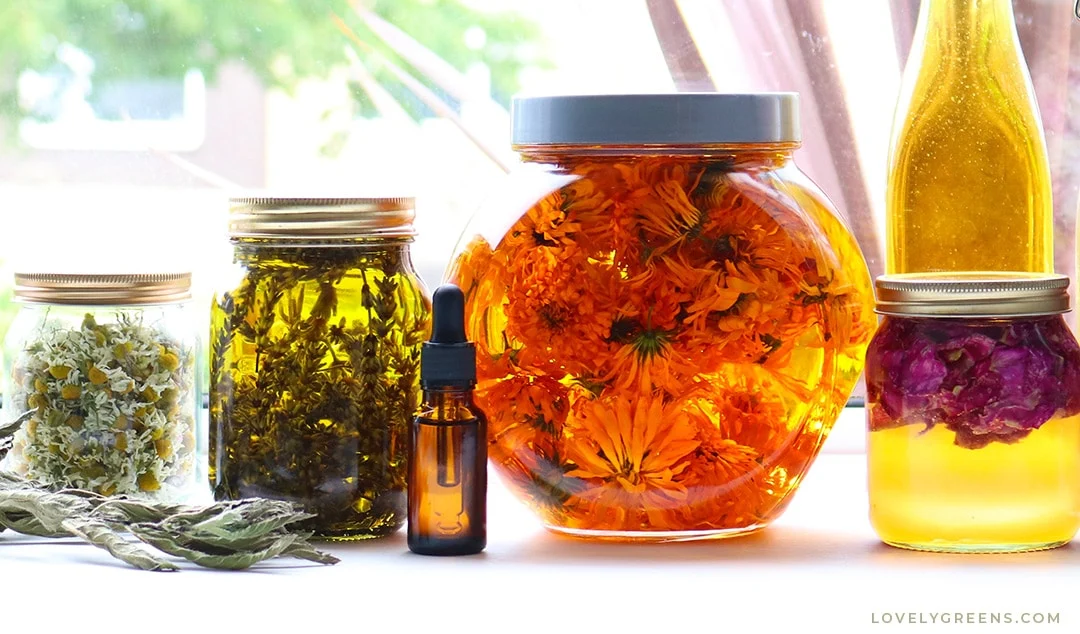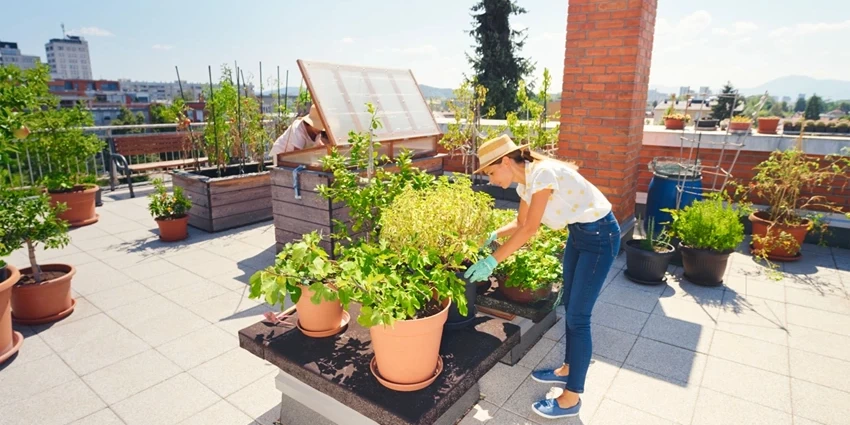In the quest for sustainability, composting stands out as a simple yet transformative practice. By converting kitchen scraps into nutrient-rich soil, we can give back to the earth and cultivate our gardens. This article explores the essentials of composting, from its benefits to practical tips for success.
The Magic of Composting
Composting is an age-old technique that harnesses the natural process of decay. Through it, organic waste transforms into a valuable resource. This process reduces landfill waste, cuts greenhouse gas emissions, and enriches the soil. Essentially, composting turns what we often view as waste into garden gold.
Why Compost?
Firstly, composting benefits the environment by recycling organic materials. Secondly, it enhances soil health, improving structure, moisture retention, and fertility. Furthermore, it reduces the need for chemical fertilizers, promoting a more organic approach to gardening.
Getting Started
Embarking on your composting journey is straightforward. Here’s how to begin:
Choosing a Composting Method
You have options: traditional bin composting, tumbling composters, and vermicomposting are popular choices. Each method has its merits, tailored to different needs and spaces.
What to Compost
Most kitchen scraps are compostable. Fruits, vegetables, coffee grounds, eggshells, and plant trimmings enrich your compost. However, avoid meats, dairy, and oils, as they can attract pests and cause odors.
Building Your Compost Pile
Creating an effective compost pile involves balance, layering, and maintenance.
The Perfect Balance
Aim for a mix of “greens” (kitchen scraps, fresh plant matter) and “browns” (dry leaves, cardboard, straw). This balance ensures optimal decomposition and prevents odors.
Layering and Maintenance
Start with a layer of browns for airflow, then add greens. Keep the pile moist, but not too wet, and turn it regularly to aerate and speed up the process.
Troubleshooting Common Issues
Even seasoned composters encounter challenges. Here are solutions to common problems:
- Odors: Ensure a proper green-to-brown ratio and turn the pile regularly.
- Pests: Maintain a balanced compost and cover food scraps with browns.
- Slow decomposition: Chop materials into smaller pieces and maintain moisture and aeration.
The Harvest: Using Your Compost
Once your compost resembles dark, crumbly soil, it’s ready. Incorporate it into garden beds, use it as mulch, or make compost tea for a liquid nutrient boost.
Compost’s Impact on Your Garden
Compost improves soil structure, which benefits plant roots. It also increases nutrient content, leading to healthier, more resilient plants.
Final Thoughts
Composting is a rewarding endeavor that enriches both your garden and the planet. By following these guidelines, you can turn kitchen scraps into valuable compost. Remember, composting is both an art and a science—experiment and find what works best for you. Together, let’s embrace this sustainable practice and cultivate our gardens with the gold we create from our kitchens.




